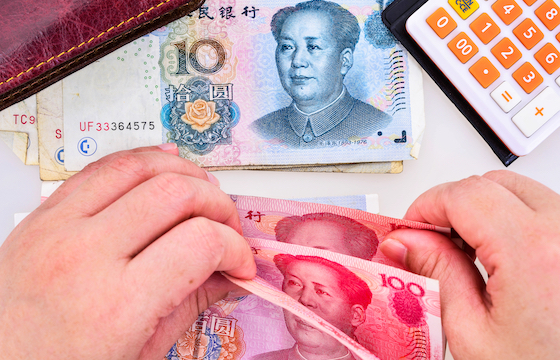
China reforms its income tax law
The Chinese government has introduced an important and comprehensive reform of its income tax regulations. The new tax law has already been passed, although the details are still in the preparatory phase.
On Friday, August 31st 2018, the Standing Committee of the National People’s Congress confirmed the amendments to the Individual Income Tax (IIT) law, which will take full effect on January 1st, 2019. In recent weeks, other regulations and draft rules further detailing the future income tax regime have been released. This is the most significant tax reform in many years, with great effects on the tax burden of both Chinese and foreign income tax payers.
Definition of tax resident and taxation of worldwide income
With the reformed IIT law, China is introducing the concept of tax resident, defined as any individual residing in China or spending more than 183 days in one tax year in China. Nevertheless, in the current draft plan, the Five-Year Rule for foreign individuals has been retained. For tax resident individuals without domicile in China, overseas income will continue to be exempt from Chinese taxes within the first five years of tax residence. In continuance of the old regulation, foreign individuals can reset the clock on these five years by leaving mainland China for more than 30 days in one trip or more than 183 days in one calendar year during the five-year period.
Standard deduction and comprehensive income
The monthly standard deduction will be raised to RMB5,000 for both Chinese and foreign nationals, starting October 1, 2018. Taxable income will be calculated on an annual basis, not monthly as before.
Four differently taxed income types will now be combined into one “comprehensive income” category. This includes income from salaries and wages, independent professional services, author’s remuneration and royalty income.
 The reform of the income tax law is intended to create fairer income distribution and to even out the tax burden.
The reform of the income tax law is intended to create fairer income distribution and to even out the tax burden.
Tax brackets
The adjustment of tax brackets will mainly lead to the tax relief of individuals with low and medium incomes, since the range of the 3%, 10% and 20% tax brackets has been expanded, while the 25% bracket has been narrowed. The tax brackets for an applicable tax rate of 30%, 35% and 45% remain the same as before.
Special deductible items
The new law also allows for a number of new special deductions. The draft measure released on October 20th outlined the scope and planned amount of special deductible items.
These include:
- educational expenses
- mortgage and rental expenses
- medical care and support of the elderly
- deduction rules for foreign taxpayers
Generally, these deduction rules will also be applicable to foreign taxpayers residing in China, even though the regulation does not go into much detail on this aspect. According to the draft, foreigners will have an option to choose whether the regulation of the new IIT law or the old regulation regarding tax exemptions specifically for foreigners will be applied. Not all tax deductions will be available to foreign tax payers though.
Since it was passed in 1980, the law has been amended seven times. Originally the threshold for the individual exemption from income tax was 800 yuan a month, according to an article published by Xinhua, the news agency. In 2005 it was raised to 1,600 yuan and again, in 2007, to 2,000 yuan. The present threshold following a review of the law in 2011 is 3,500 yuan.
Source: http://german.china.org.cn
New tax filing procedure
Income tax for residents will be collected through advance payments with monthly provisional filings and finalised by an annual reconciliation filing by the taxpayer. For non-residents, taxable income will be calculated monthly or per transaction. The legislation covers many other aspects of tax law, among them also anti-tax avoidance rules similar to the GAAR applied to corporations.
The new law will become effective from January 1st, 2019, although some rules such as the tax brackets already took effect on October 1st, 2018. As other details have yet to be clarified by further regulations to be published by the State Council, the Ministry of Finance and the State Administration of Taxation, ECOVIS Beijing will continue to monitor and publish any new information about further regulations as it becomes available.
Contact us:
Richard Hoffmann
ECOVIS European China desk
Lenaustrasse 1269115 Heidelberg
Phone: +49 6221 9985 639
www.ecovis.com/heidelberg

